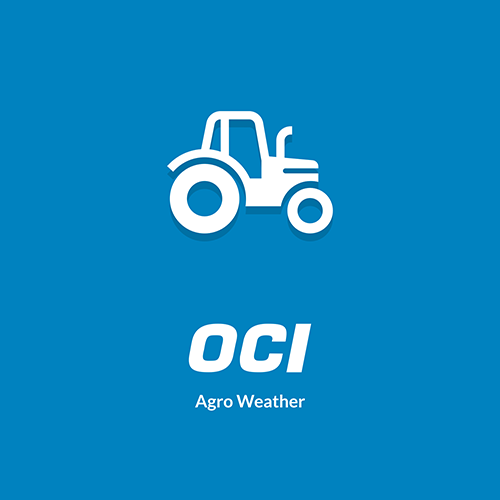Soil
Home > Soil > Influencing soil life > Bacteria
Bacteria

Bacteria are single-celled organisms that lack a nucleus. Most bacteria are 0.5 to 5 micrometres (µm) long. Despite their small size, they comprise most of the world’s soil life due to their abundance. A teaspoon of productive soil may contain between 100 million and 1 billion bacteria. Most species have not yet been characterised. Roughly speaking, bacteria can be classified into three groups: aerobic, anaerobic and actinomycetes (which cause chitin degradation and give the soil its “earthy” smell).
The main functions of bacteria are:
- degradation of (simple) organic matter (sugars, proteins, amino acids)
- fixation and delivery of nutrients in the root zone
- fixation of nitrogen from the air (see illustration showing nodules on the roots)
- conversion of ammonia into nitrates
- formation of stable aggregates
- disease resistance
Bacteria are eaten by a large number of “grazers” higher up the food web.


